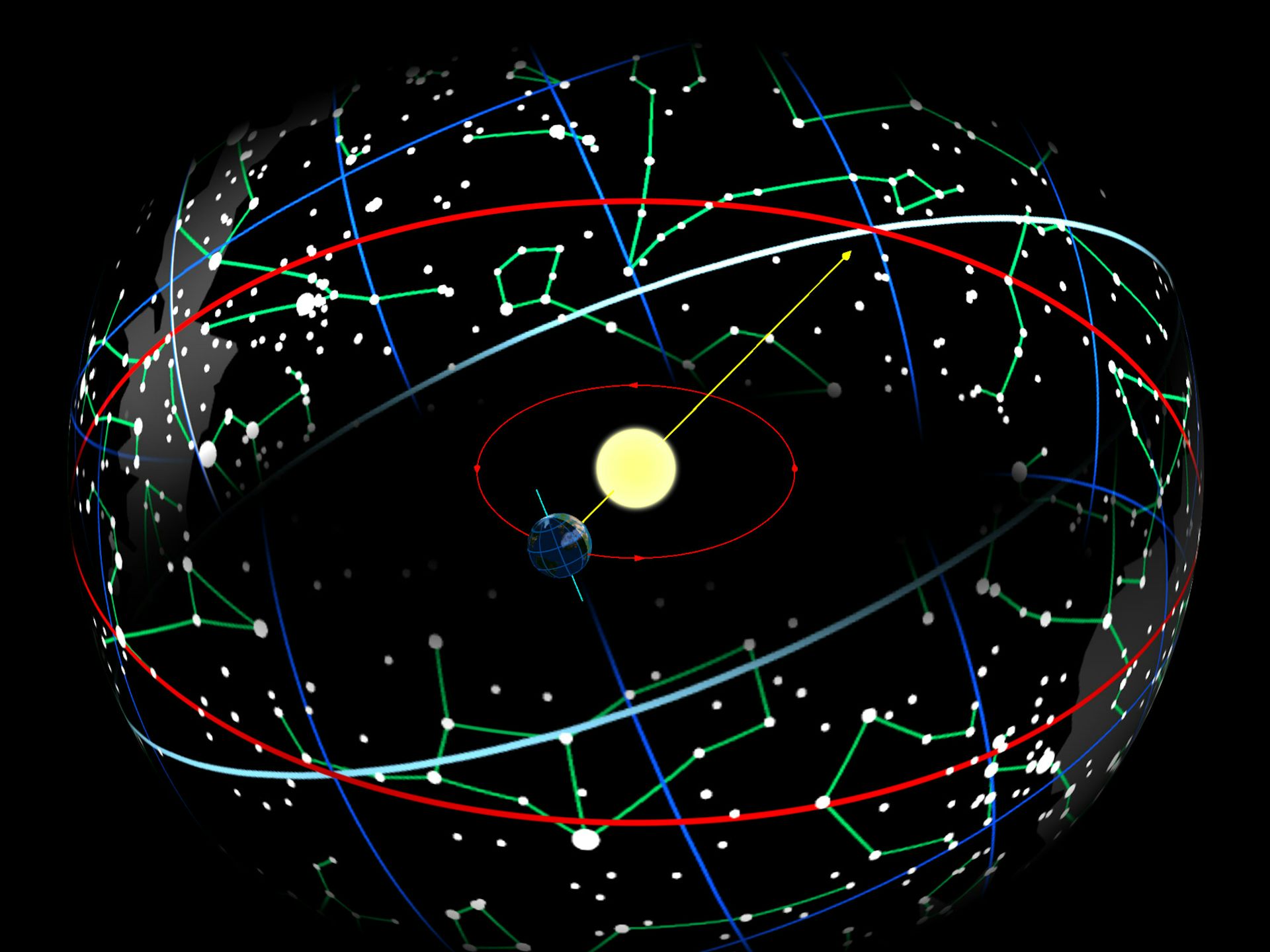

Scientific literacy has been identified as greatly important for well-functioning nations and societies, with claims that populations that are more scientifically literate facilitate democratic societies to make informed and fair decisions about issues that are based on science (National Academies of Sciences, Engineering, and Medicine, 2016). Recent examples that have attracted substantial media coverage include proponents of anti-vaccination campaigns and supporters of the view that global warming as a result of greenhouse gas emission is a hoax, not to mention current skepticism toward wearing a face mask to counteract the spread of an airborne virus during a global pandemic. While most are likely to acknowledge the role of the scientific process for many of the innovations we today take for granted, nontrivial sections of populations across countries in the developed world are skeptical toward the scientific community and either unable or unwilling to weigh the merits of evidence accumulated from carefully designed empirical studies against anecdotal evidence or outlier observations. Undoubtedly, innovations and scientific discoveries accomplished by mankind have laid the foundation for progress that individuals with only one or two generations earlier could never have imagined. Scientific progress has played a fundamental role in achieving the high standards of living that we currently enjoy. The results fail to provide any consistent evidence to support the notion that astrologically more compatible couples are either overrepresented among observed marital unions or associated with a lower risk of divorce. This article examines how differences in astrological favorability influence partner choice in marriage as well as the divorce risk among married couples using longitudinal individual-level data from Sweden over the period 1968-2001.

The continuing popularity of astrology may at least partly be linked to an insufficient body of empirical research that has been able to test hypotheses formulated by astrological theory, both due to a lack of data beyond very small study populations as well as astrological predictions frequently being vague and thereby difficult to test. Despite this, astrology remains for some an important source for advice regarding choices in a range of different matters, including career and relationships. This paper examines astrology, a concept that is considered unscientific by broad segments of the population in the western world.


 0 kommentar(er)
0 kommentar(er)
